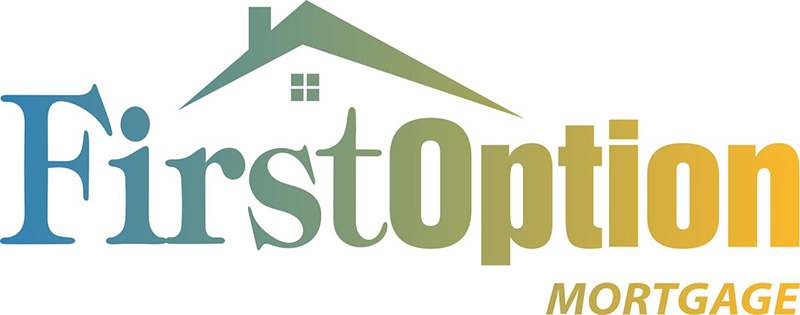If you’re about to be a new homeowner with a 20% or less down payment, chances are you’ve heard about private mortgage insurance (PMI). People have a lot of good and bad things to say about PMI, but the truth is that it can be very helpful.
PMI lets homeowners acquire a house without having to spend years saving for a down payment. It offers the lender an insurance policy in case you stop paying your mortgage, and the homeowner pays monthly insurance premiums for the lender.
PMI Costs
If you are in the market for private mortgage insurance, there are a few factors you need to take into consideration. These include:
- the amount of your loan
- your credit score
- your down payment
- your debt-to-income ratio
These factors can affect someone’s PMI costs differently from others. One person may only spend a few bucks a month on PMI while another person spends hundreds. Low PMI premiums are usually the result of higher credit scores, higher down payments, and a lower debt-to-income ratio. Get in contact with one of our First Option Mortgage of Indianapolis loan officers to see if PMI is the right fit for you.
Pay (Or Don’t Pay) for PMI
Conventional mortgages have options on how you can pay your mortgage insurance premium. Some of these options include paying a portion at your closing, paying monthly payments, or combining the two. If you choose to combine, you would pay a smaller portion of your premium upfront and have reduced monthly costs.
Another way that many buyers consider is known as Lender Paid Mortgage Insurance (LPMI). This route means that buyers pay higher interest rates on their loans and avoid mortgage insurance premiums. So if you’re searching around for the best interest rates, this might not be the best path for you to take.
If the LPMI route is chosen, the lender pays the mortgage insurance premium while the buyer (the borrower) pays a quarter of a percent higher on their interest rate. There are also several tax advantages that come with LPMI too.
Mortgage Insurance Tax Benefits

The rules for writing off mortgage insurance premiums change every year, and this can become stressful when the time comes around to file your taxes. Deductibility was renewed through 2021 because of the pandemic, but we are still waiting to hear how things will go for 2022 and beyond.
Currently, if your adjusted gross income on your federal taxes is no more than $100,000, then mortgage insurance premiums are completely deductible. If you are above $100,000 then your percentage of premiums that can be deducted decreases, and then you will not be able to make deductions if your adjusted gross income is over $109,000.
If you’re choosing the LPMI model, tax deductions are available no matter how much your adjusted gross income is. Calculating tax savings should be done with an accountant, and don’t forget that tax deductions are for federal income taxes only.








